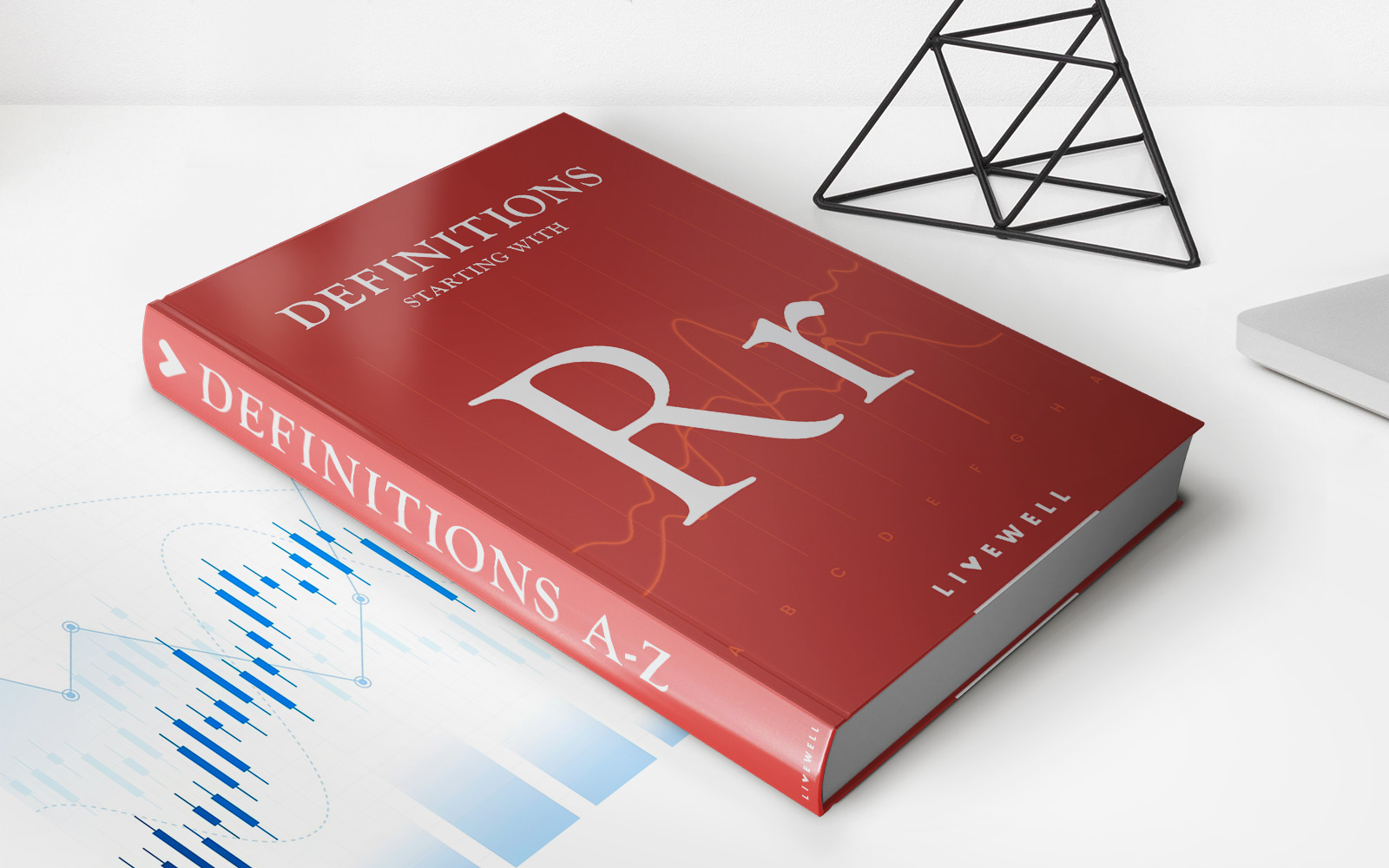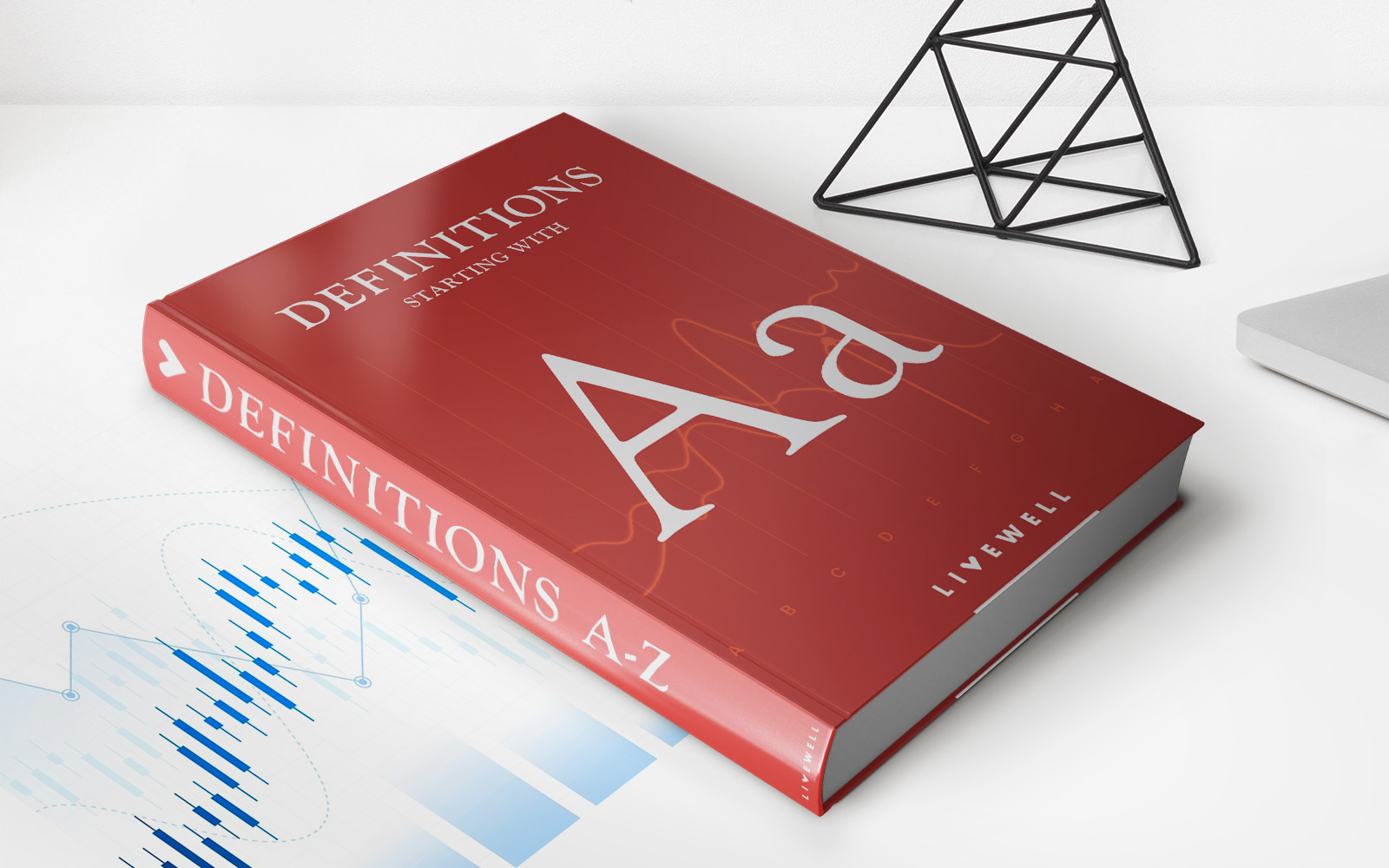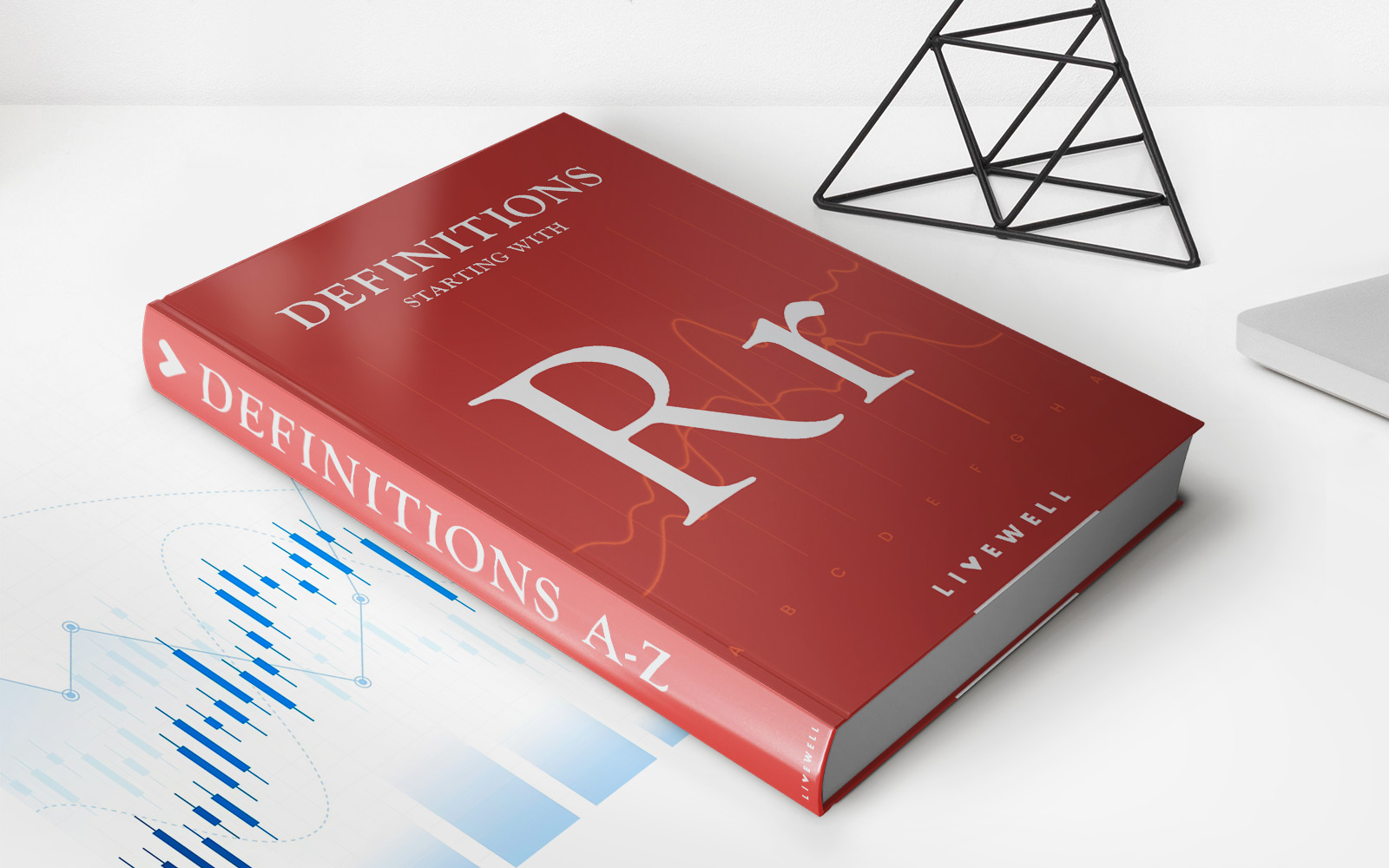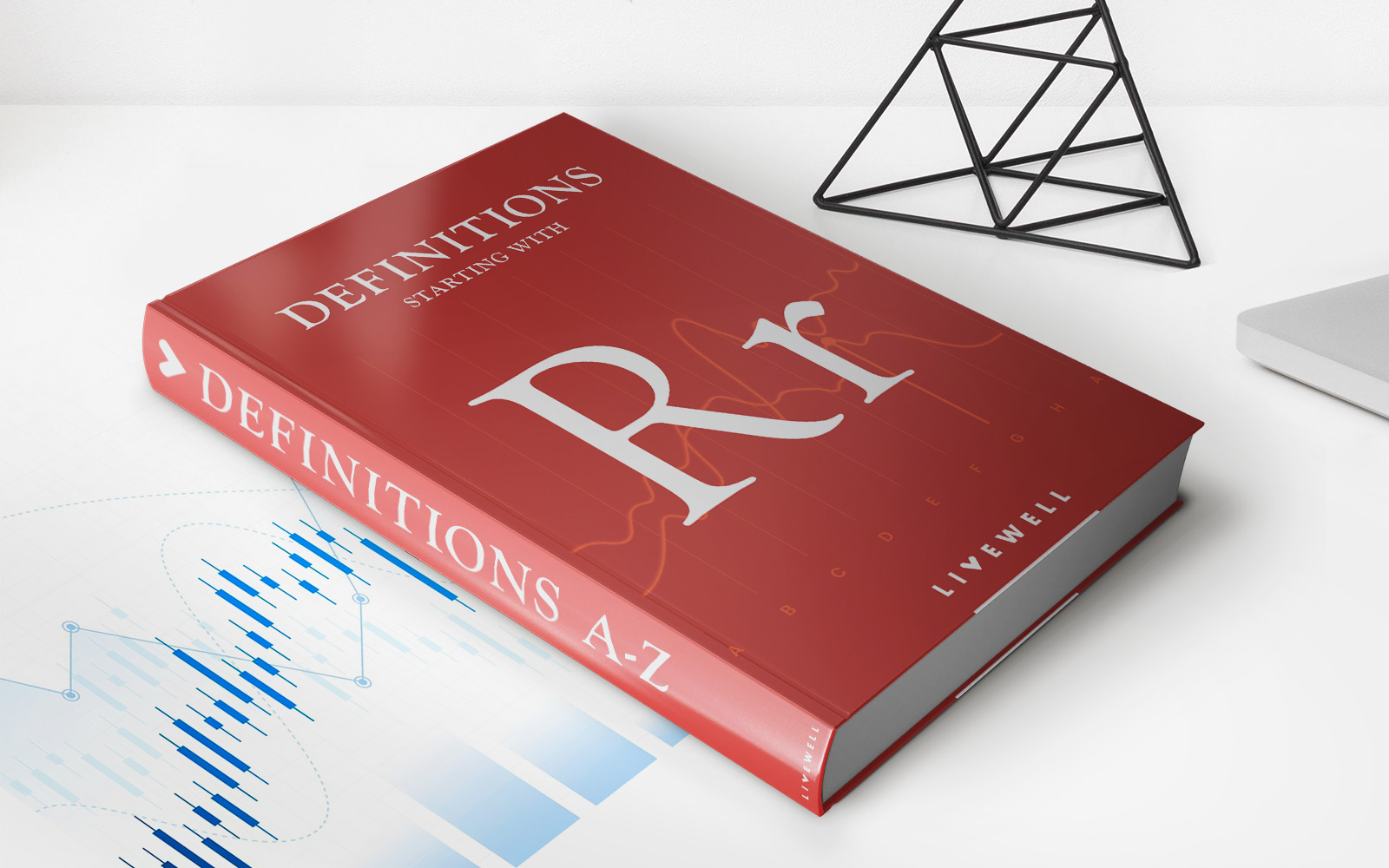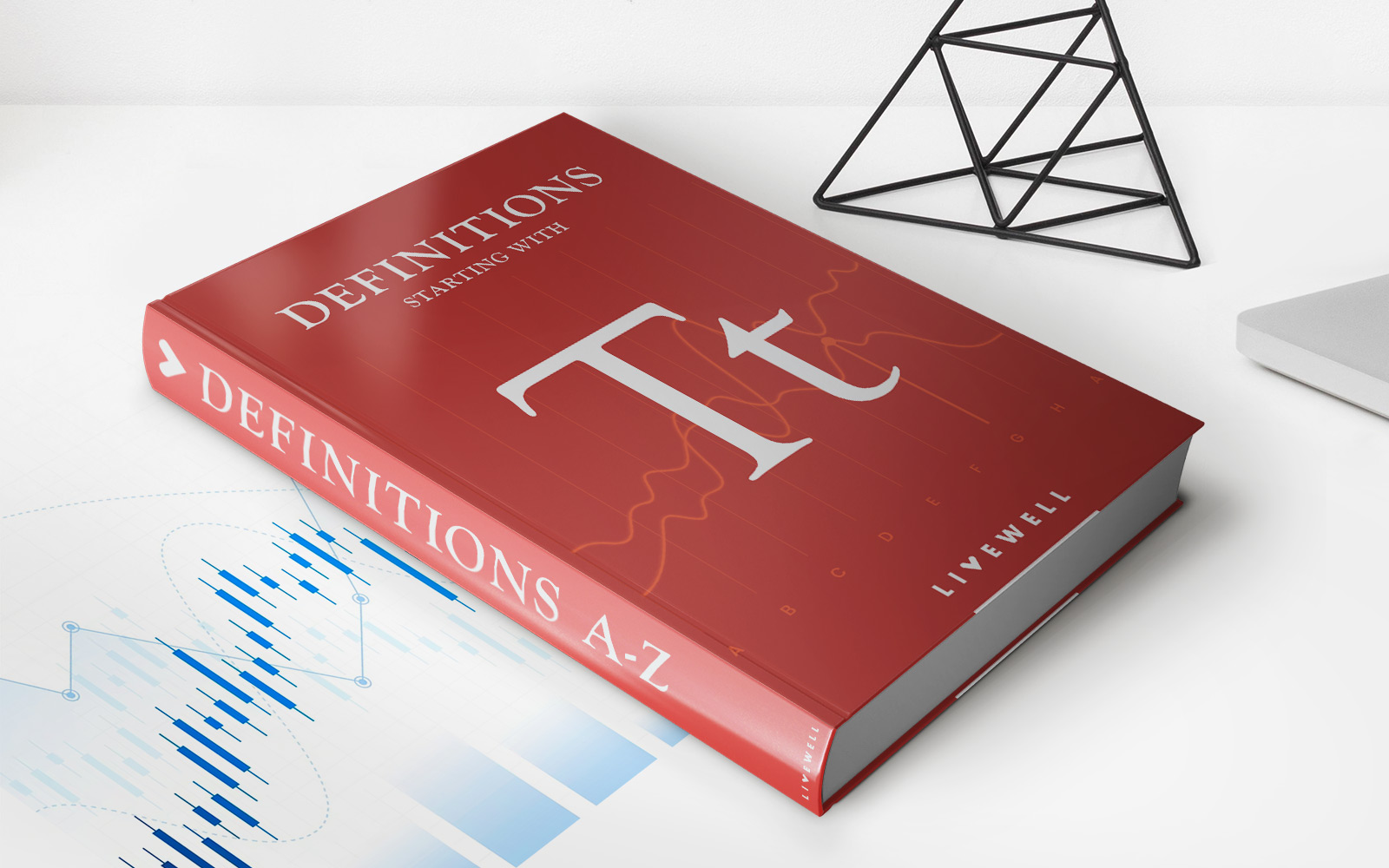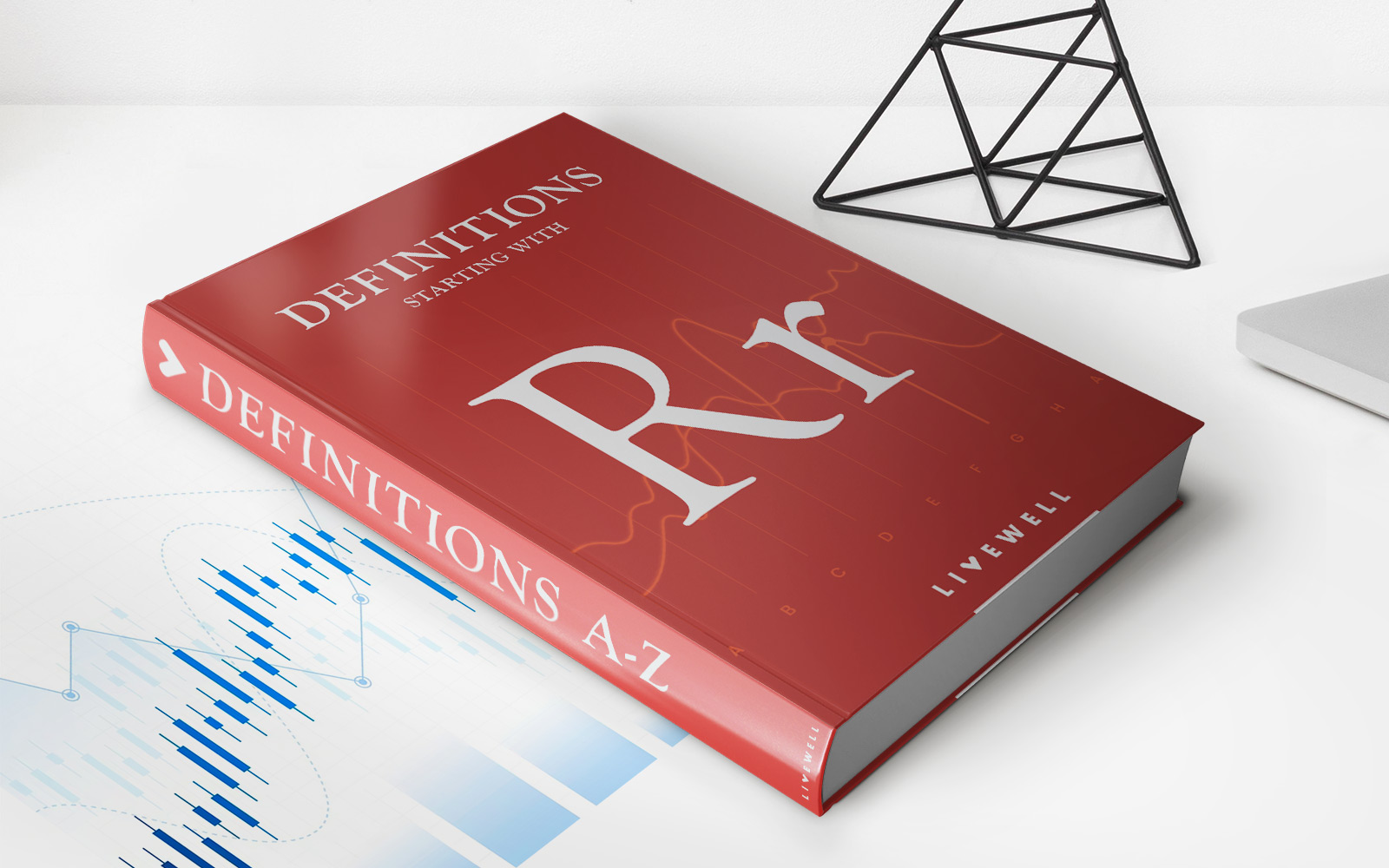

Finance
Retired Securities Definition And Example
Published: January 20, 2024
Learn about the definition and examples of retired securities in the world of finance. Understand how these investments work and their potential impact on your portfolio.
(Many of the links in this article redirect to a specific reviewed product. Your purchase of these products through affiliate links helps to generate commission for LiveWell, at no extra cost. Learn more)
Retired Securities: A Deeper Understanding
When it comes to finance, there are several terms and concepts that can be a bit confusing. One such term is “retired securities.” In today’s blog post, we will shed light on what retired securities are, provide a clear definition, and offer an example to help you grasp this concept better.
Key Takeaways:
- Retired securities refer to financial instruments that have been redeemed or repurchased by the issuing company or government entity.
- Investors holding retired securities will no longer receive interest or dividend payments and forfeit any rights associated with those securities.
Retired securities encompass various types of financial instruments issued by companies, governments, or other entities. When a security reaches its maturity date or when the issuer decides to repurchase it, the security is considered retired. This means that the issuer has met its financial obligation and no longer owes any payments to the security holders.
Let’s take a closer look at an example to better understand retired securities. Imagine you invested in a corporate bond issued by XYZ Company. This bond had a maturity period of 10 years, during which you received regular interest payments. However, once the bond reaches its maturity date, XYZ Company repurchases the bond, officially retiring it. As a bondholder, you will no longer receive any interest payments, and the rights associated with the bond, such as voting rights, if any, will be forfeited.
Retired securities have certain implications for investors. Here are a few important points to consider:
- Income Loss: When a security is retired, investors lose the income stream that they were receiving from interest or dividends.
- Opportunity for Reinvestment: When a security is retired, investors have the opportunity to reinvest their funds into other financial instruments, potentially generating new sources of income.
- Decreased Risk: Retired securities eliminate any future risks associated with the financial instrument, such as default or fluctuations in market value.
In conclusion, retired securities are financial instruments that have been redeemed or repurchased by the issuing company or government. Investors holding retired securities lose their income stream and forfeit any associated rights. Understanding retired securities is essential for individuals seeking to manage their investment portfolio effectively.
